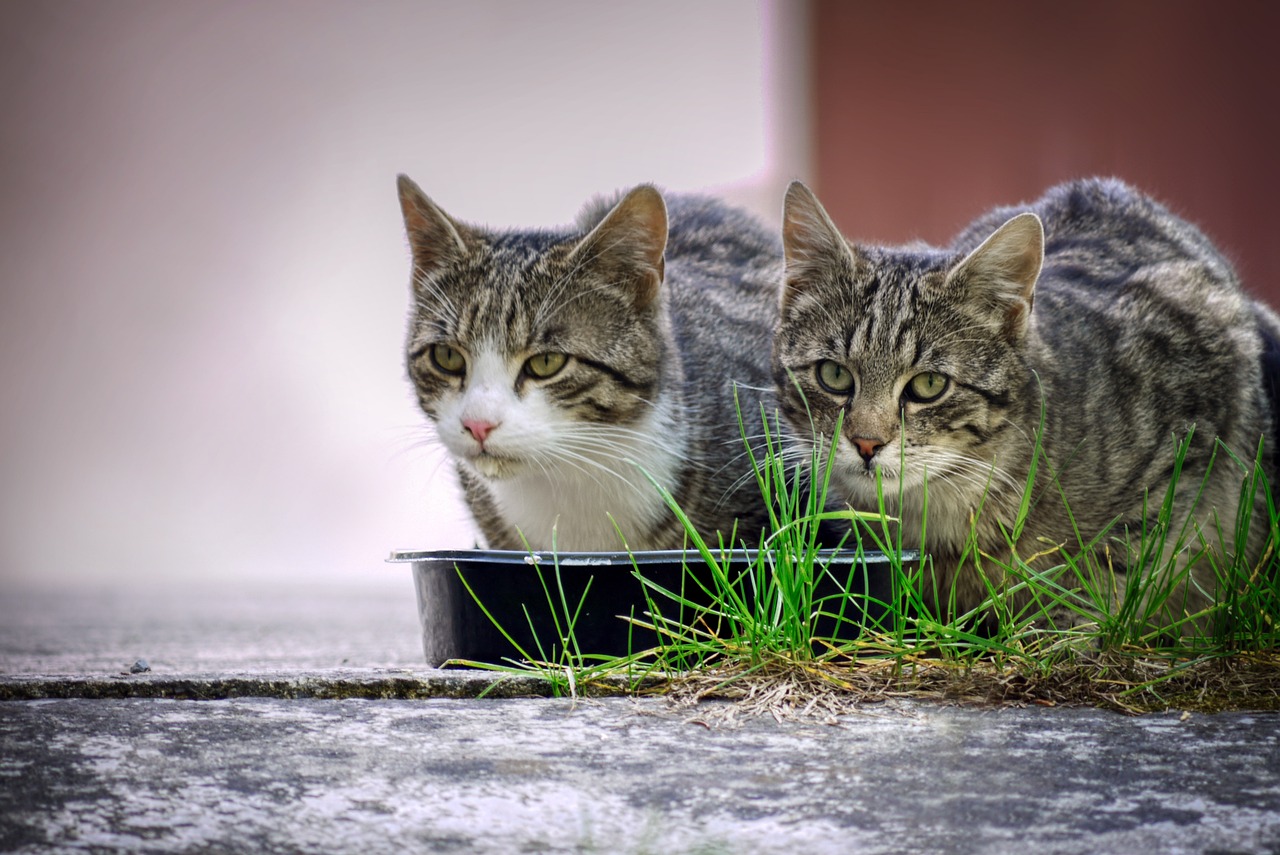Welcome to a helpful guide on what foods are safe for your feline friends to enjoy. It’s important to provide a balanced and appropriate diet for your cat to ensure their health and happiness. From protein-packed meat to tasty fruits and vegetables, there are plenty of options for feeding your furry companion. Let’s explore what can cats eat to keep them purring with delight!
What Can Cats Eat
Have you ever found yourself wondering what exactly is safe for your feline friend to eat? You want to make sure you’re feeding your cat the right things, but it can be confusing with all the conflicting information out there. In this article, we’ll break down what cats can eat, what they should avoid, and how to ensure they have a healthy and balanced diet.
Can Cats Eat Meat?
Yes, cats are obligate carnivores, which means they need a diet primarily made up of meat. Their bodies are designed to digest and process animal protein efficiently. So, it’s crucial to make sure that your cat’s diet includes meat to meet their nutritional needs.
What Types of Meat Can Cats Eat?
Cats can eat a variety of meats, including:
- Chicken
- Turkey
- Beef
- Duck
- Venison
It’s essential to feed your cat cooked meat to reduce the risk of bacterial contamination. Raw meat can contain harmful bacteria that can make your cat sick.
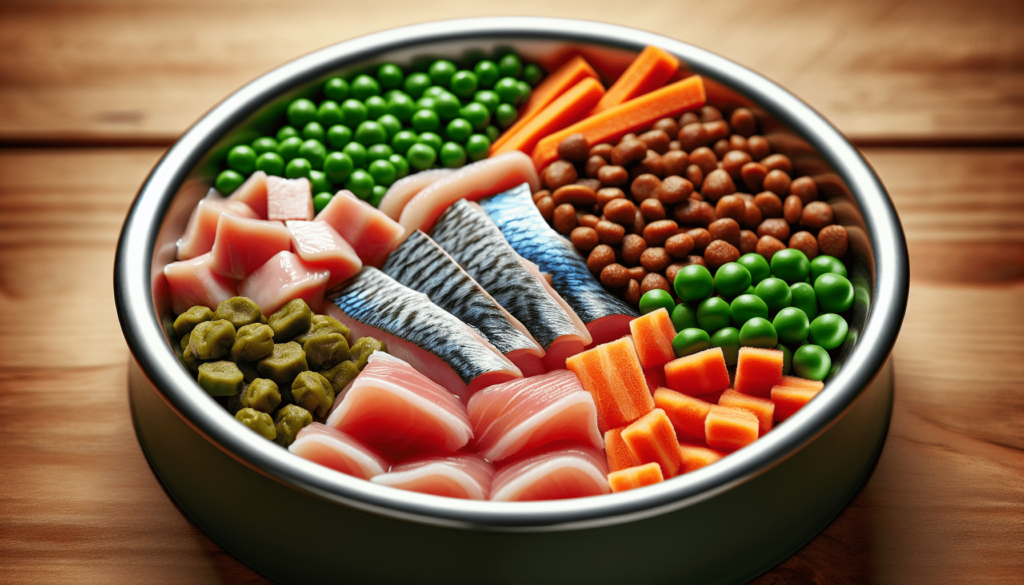
Can Cats Eat Fish?
While fish can be a good source of protein and omega-3 fatty acids, it’s essential to feed it to your cat in moderation. Too much fish can lead to thiamine deficiency in cats, which can cause serious health issues.
Safe Fish for Cats
If you do decide to feed your cat fish, opt for:
- Salmon
- Tuna (in moderation)
- Sardines (in moderation)
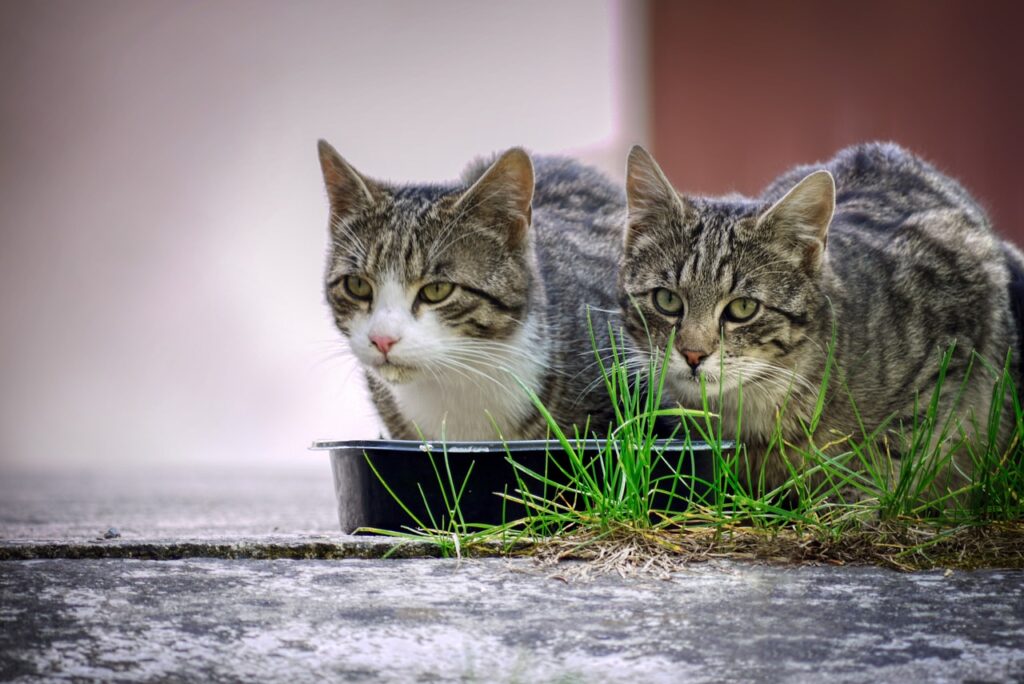
What Fruits and Vegetables Can Cats Eat?
Cats are primarily carnivores, but they can eat certain fruits and vegetables as well. These can provide additional nutrients and fiber to their diet. Here are some fruits and vegetables that are safe for cats to eat:
- Apples (without seeds)
- Blueberries
- Carrots (cooked)
- Pumpkin
- Sweet Potatoes
Remember to feed fruits and vegetables to your cat in moderation. While they can be a healthy addition to their diet, they should not make up the majority of their food.
Can Cats Eat Dairy Products?
While cats may love the taste of dairy products like milk, cheese, and yogurt, many cats are lactose intolerant. Lactose is the sugar found in milk, and cats lack the enzyme lactase needed to digest it properly. Feeding your cat dairy products can lead to stomach upset and diarrhea.
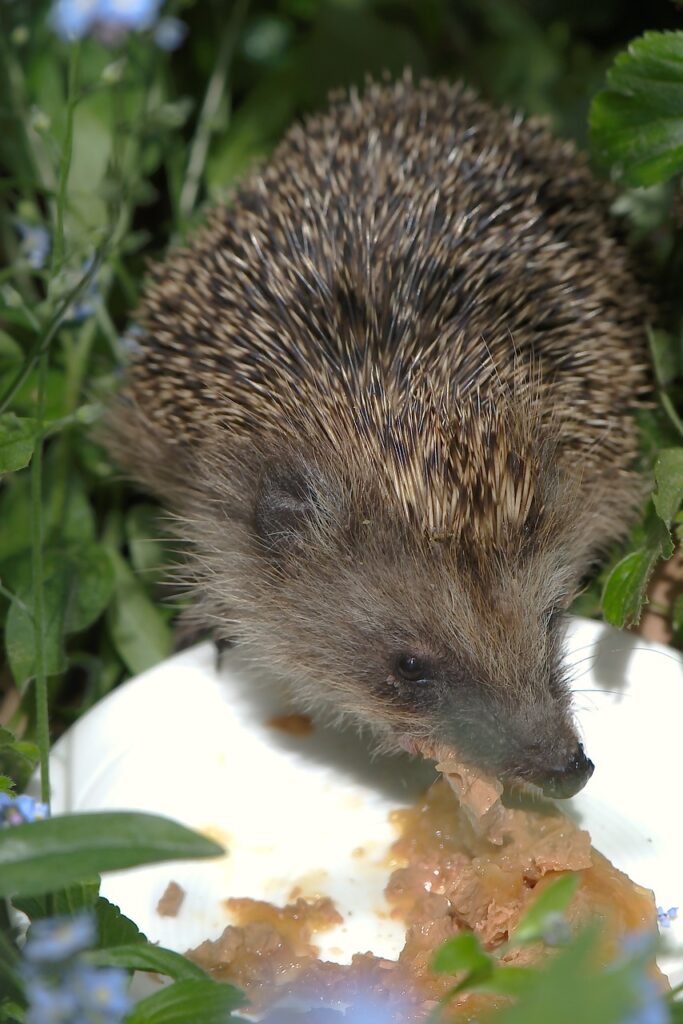
Safe Dairy Products for Cats
If you want to feed your cat dairy, opt for lactose-free alternatives such as:
- Lactose-free milk
- Lactose-free cheese
- Lactose-free yogurt
Can Cats Eat Grains?
Cats do not need grains in their diet, as they are obligate carnivores. However, some cat foods contain grains as fillers. While cats can digest small amounts of grains, a diet high in grains can lead to obesity and other health issues.
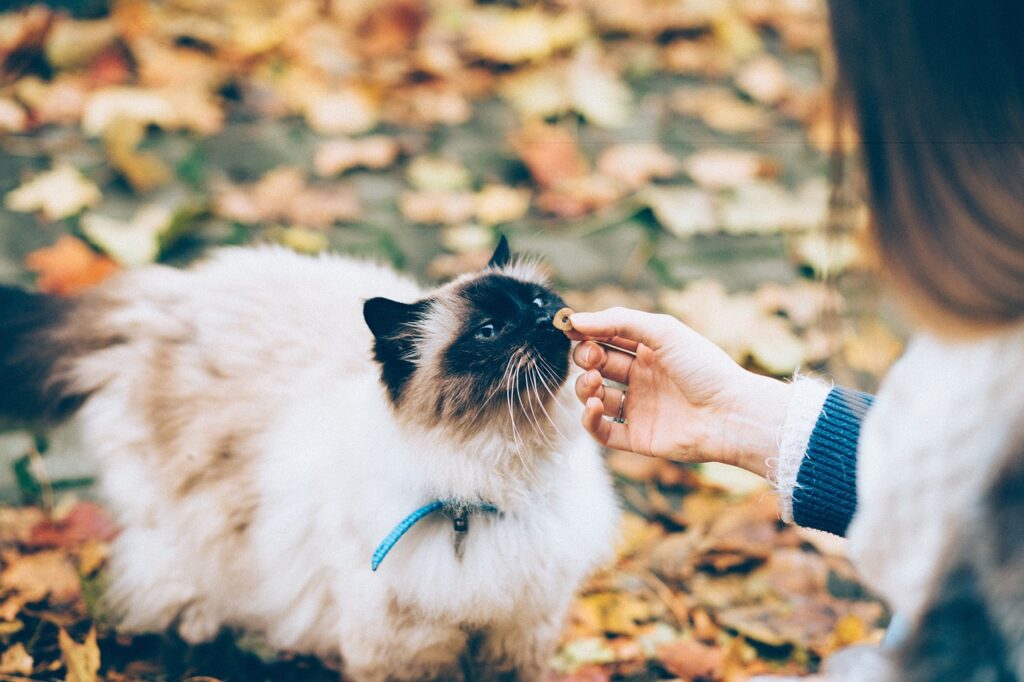
Safe Grains for Cats
If you want to feed your cat grains, opt for:
- Cooked rice
- Cooked oatmeal
Make sure to feed grains to your cat in moderation and ensure they are cooked thoroughly to aid in digestion.
Can Cats Eat Eggs?
Eggs are a great source of protein for cats and can be a healthy addition to their diet. Make sure to cook the eggs thoroughly to reduce the risk of salmonella contamination.
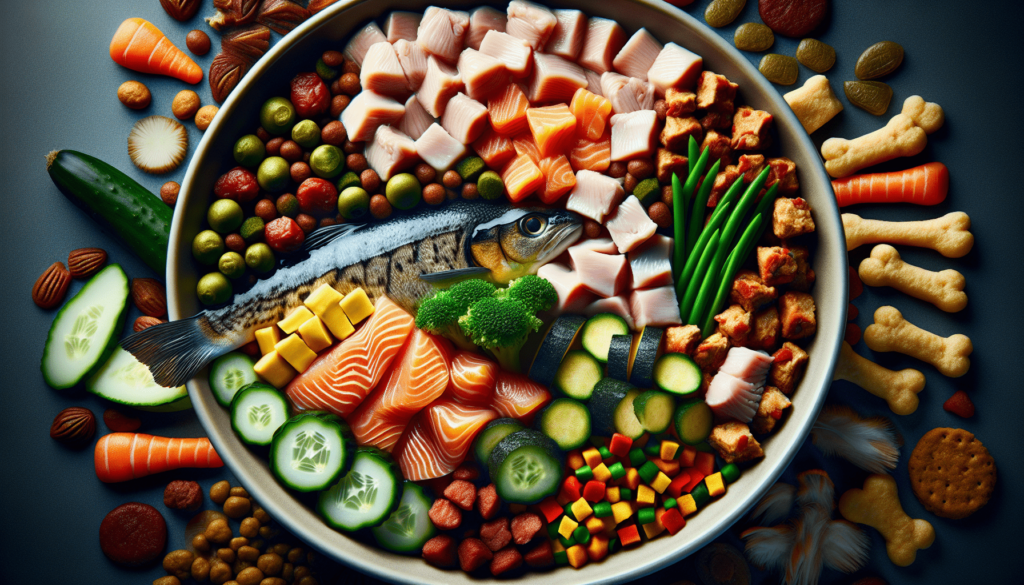
Safe Preparation of Eggs for Cats
Feed your cat eggs that are:
- Hard-boiled
- Scrambled (without seasoning)
- Cooked thoroughly
Can Cats Eat Treats?
Treats can be a fun way to reward your cat or provide them with additional nutrients. However, it’s essential to feed treats in moderation to avoid overfeeding and potential health issues.
Safe Treats for Cats
When choosing treats for your cat, opt for:
- Commercial cat treats
- Cooked meats
- Fruits (in moderation)
Avoid feeding your cat too many treats and remember that treats should not make up the majority of their diet.
What Should Cats Avoid Eating?
There are certain foods that are toxic to cats and should be avoided at all costs. These include:
- Chocolate
- Onions and garlic
- Grapes and raisins
- Alcohol
- Caffeine
- Xylitol (artificial sweetener)
- Bones
It’s crucial to keep these foods out of your cat’s reach and ensure they are never fed to your feline companion.
How to Ensure Your Cat Has a Balanced Diet
Feeding your cat a balanced diet is essential for their health and well-being. Here are a few tips to ensure your cat receives all the nutrients they need:
- Choose a high-quality cat food that is specifically formulated for their age and life stage.
- Feed your cat a variety of protein sources to ensure they receive all essential amino acids.
- Offer a mix of wet and dry food to provide hydration and dental health benefits.
- Monitor your cat’s weight and adjust their food intake accordingly to prevent obesity.
- Consult with your veterinarian to create a personalized feeding plan for your cat.
By following these tips, you can ensure your cat has a balanced and nutritious diet that meets all of their dietary needs.
In conclusion, cats can eat a variety of meats, some fruits and vegetables, and certain dairy products in moderation. It’s crucial to feed your cat a diet that is high in protein, low in grains, and free of toxic foods. By following these guidelines and consulting with your veterinarian, you can provide your feline companion with a healthy and balanced diet that will keep them happy and thriving for years to come.

